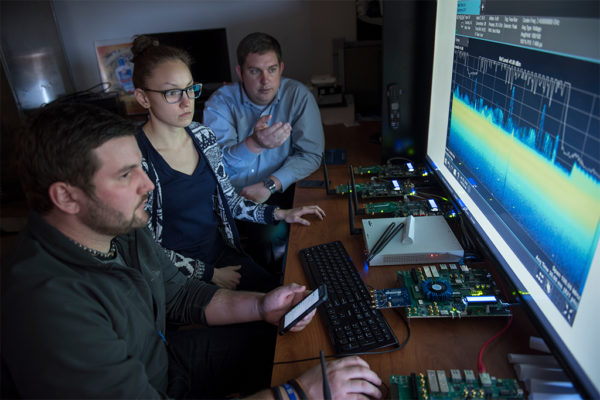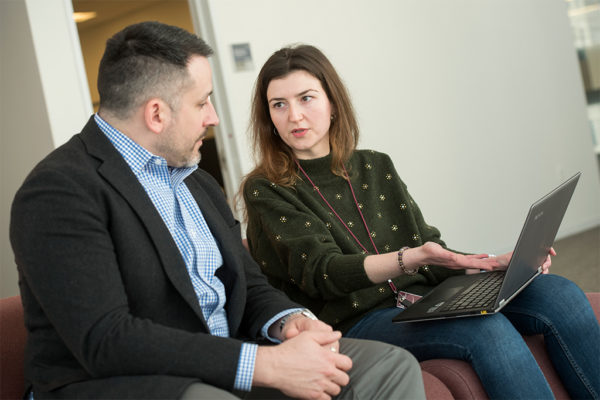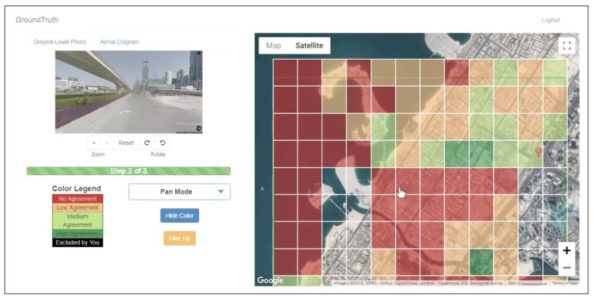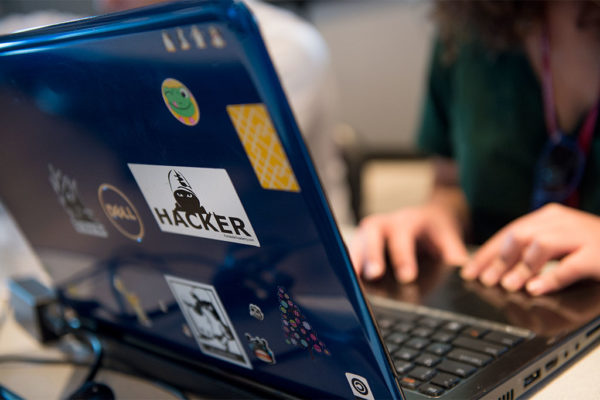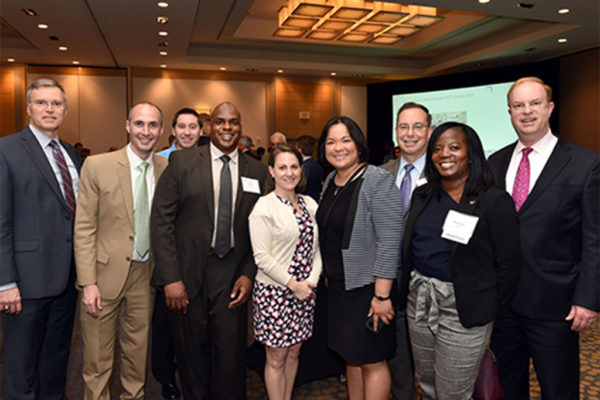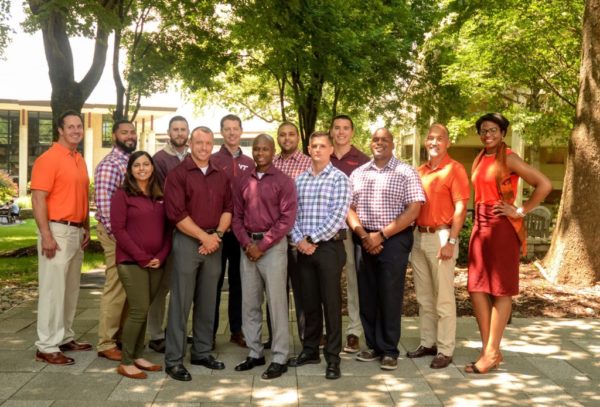Virginia Tech’s forthcoming Innovation Campus continues to develop as the university works to deliver 750 master’s degree graduates annually by the end of the decade.
While the new campus will help cement the university’s regional footprint, Virginia Tech has been quietly providing graduate education opportunities in the greater Washington, D.C., metro area since 1969.
Virginia Tech’s Pamplin College of Business has offered its MBA programs in this region for decades and more recently made the decision to narrow its focus to working professionals in urban centers across the commonwealth.
“What we did at Virginia Tech a few years ago was to say that we really want to focus on the working professional — someone who wants to enhance their career or make a change in the direction of their career, but not at the expense of continuing to be a business professional,” says Pamplin Dean Robert Sumichrast. That allows those students to come into the classroom, he adds, “and use what they’ve learned as part of the experience of the MBA program.”
Arlington is home to the Executive MBA program, an 18-month, cohort-based option for mid-career professionals. The curriculum is centered around experiential learning modules that provide students with hands-on experience in topics like business analytics and leadership and governance.
The No. 14 nationally-ranked Evening MBA program is based in Falls Church and designed to provide maximum flexibility. Students can change their course load each semester to balance work and other commitments. They also have the option to focus their degree in one of 10 specialization areas, including traditional business topics like finance and management, and some more niche areas like healthcare information technology.
The Professional MBA program is a 24-month hybrid option with once-per-month in-person classes that rotate between Richmond, Roanoke and Newport News.
Pamplin’s focus on working professionals extends beyond its MBA programs. The college also offers part-time formats for its Master of Science in Business Administration — Hospitality and Tourism Management and Ph.D. in Business — Executive Business Research at the Falls Church location.
A 100% online Master of Information Technology offered in collaboration with the College of Engineering is available to part-time students across the globe and can be earned as a dual degree with the Evening MBA program.
To learn more about Virginia Tech’s MBA programs, visit mba.vt.edu or register to attend an upcoming information session.






